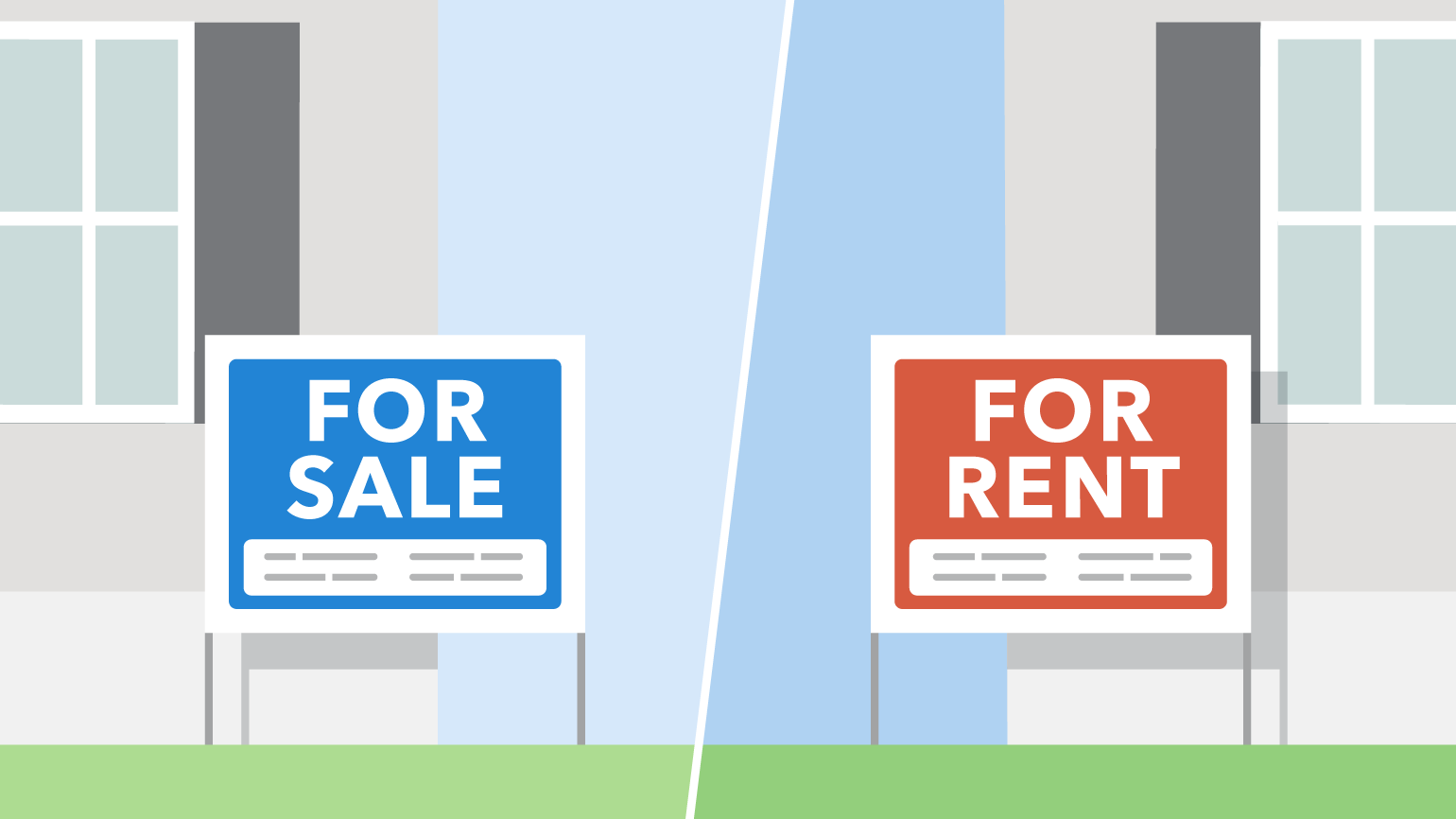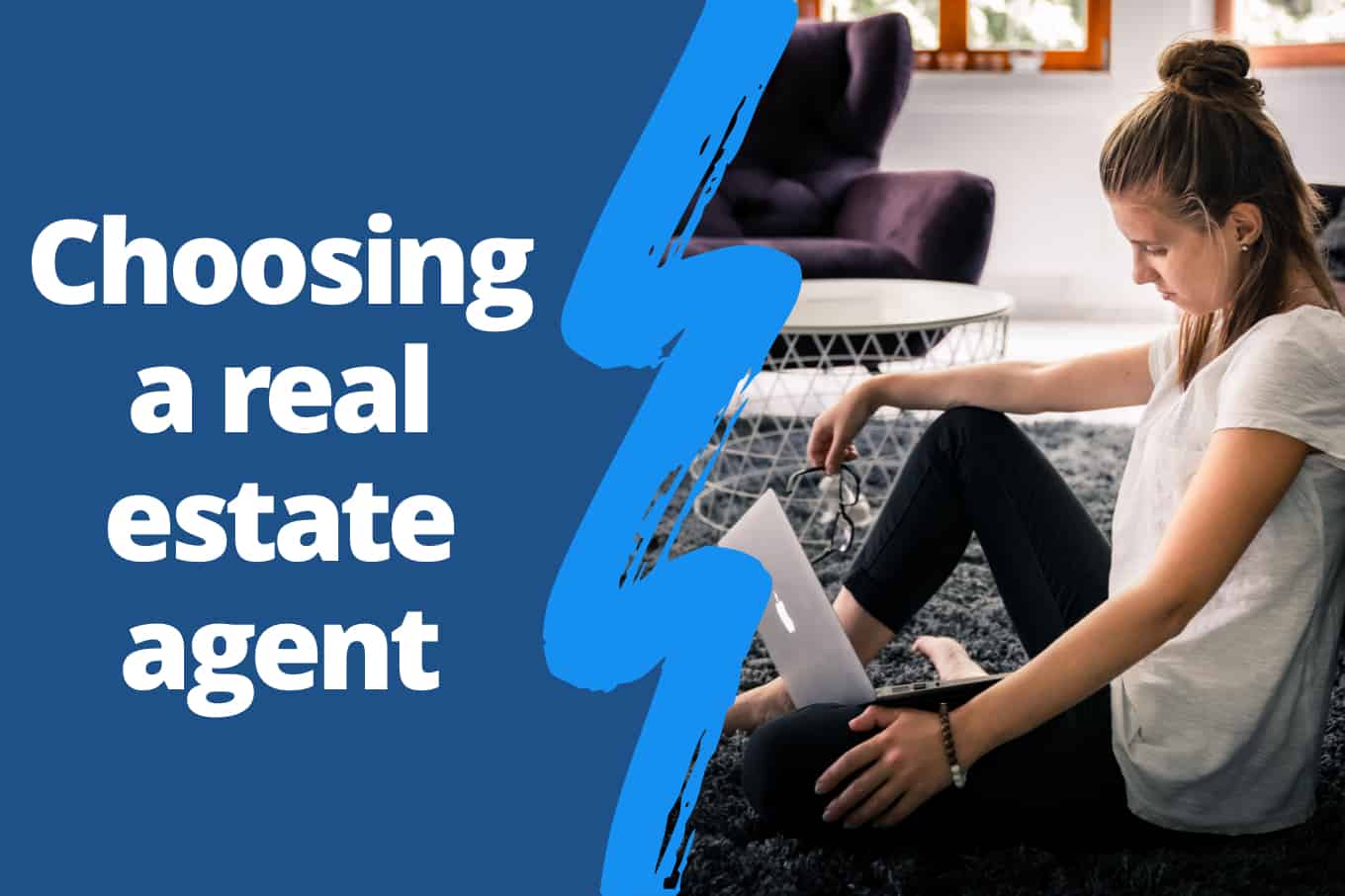
Renting or buying a home? This can be the biggest decision most people make in their lives, so it’s worth taking some time to evaluate your options and plan ahead accordingly. If you’re currently renting and thinking about buying, or if you’re looking to move out of your current home and into one that you own, you’ll want to pay attention to these factors when deciding whether to rent or buy.
When you should rent
/rent_house_73089751-5bfc333346e0fb002602ddbe.jpg)
If you’re not ready to commit to a property, if your income is unstable, or if you’re still in school, then renting is probably the best option for you. It’s also a good idea to rent if you’re not sure how long you’ll be in one place. For example, if you have a job that requires you to move around frequently, then buying a house might not make sense. And lastly, if the real estate market in your area is particularly expensive or volatile, then renting can help you avoid costly mistakes.
Buying a home is typically more cost-effective in medium to long-term scenarios. There are many factors to consider when deciding whether to rent or buy, including your living costs, job security and your willingness to settle down in one place. However, if you have an income that’s likely to stay stable and if you’re thinking about staying in one location for some time, then buying might be right for you. An important thing to remember is that renting can be much cheaper than buying, depending on where you live. For example, it’s not uncommon for renters to spend 30% of their income on housing costs whereas homeowners often spend less than 20%.
When you should buy

When you’re planning on staying in an area for more than five years, it’s generally a good idea to buy a house. That way, you can build equity and eventually sell the property for a profit. Plus, with interest rates still relatively low, it’s a good time to buy. Real estate is always a solid investment. The point of buying is not only so that you can make some money off of your home but also because you are building equity. Equity builds as your mortgage payments go towards paying down the principal balance owed on your loan. So, over time, you will be able to get some money back from what you paid for your home.
If you’re planning on moving in less than five years, renting is probably your best bet. That way, you aren’t tying up your money and throwing it away by paying off someone else’s mortgage. Another good argument for renting is that if real estate prices drop dramatically in your area, then you won’t be stuck with a big property that will take some time to sell at bargain-basement prices. And finally, there’s one more reason to rent instead of buy right now. Interest rates are still relatively low, which means that mortgages are also inexpensive right now.
When to use a real estate agent

Many people choose to use a real estate agent when they are looking for a new home. A real estate agent can help you find the right home for your needs and budget. They can also help you negotiate the price of the home. However, there are some drawbacks to using a real estate agent. First, you will have to pay the agent a commission if they help you buy a home. Second, agents may not always have your best interests in mind. Before you decide to use an agent, be sure to do your research and ask around for recommendations.
If you decide to use an agent, there are some things you can do to help make sure they are working in your best interests. First, work with agents who have signed up with a professional organization such as NAR (National Association of Realtors). Second, read reviews of any agents you’re considering before hiring them. This will give you an idea of what previous clients thought about them and how they handled their real estate transactions. Finally, don’t be afraid to walk away from an agent if you think it’s in your best interest. Agents work for their clients, not vice versa.
Other ways to save money while buying

Shop around for a mortgage. Just like with any other loan, you want to compare rates and terms from multiple lenders before settling on one. Get pre-approved for a mortgage. This way you’ll know exactly how much you can afford to spend on a home before you start shopping. Make a larger down payment. The more money you can put down upfront, the lower your monthly payments will be. Get rid of private mortgage insurance (PMI). If you put less than 20% down on your home, you’re likely paying PMI every month. But once you reach 20% equity in your home, you can cancel it.
But renting isn’t all bad. If you’re not sure where you want to live long-term, renting can give you more flexibility. It’s also easier if you don’t have enough money saved up for a large down payment, which is required to buy in many places. Lastly, renting allows you to try out different areas before deciding on where to settle down and buy. However, if your savings account can cover a larger down payment and qualify for PMI—and ideally it should—then buying is almost always going to be cheaper than renting long-term. And even though affordability may be important now, think about whether that will still be true five years from now when you’re looking at buying again.
Drawbacks of buying

The biggest drawback of buying a home is the cost. Not only do you have to come up with a down payment, but you also have to pay for closing costs, repairs, and maintenance. And if you’re not careful, you could end up upside down on your mortgage, owing more than your home is worth. Plus, if you move before you’ve paid off your mortgage, you’ll likely have to sell your home for less than you owe.
A big consideration is whether you plan to move within five years. Buying could be a good option if you’re planning to stay put, since it gives you more control over your living space and will likely lead to faster appreciation in value than renting. Plus, buying your home may qualify for tax breaks that can help offset some of your costs. But if you don’t plan on staying long-term, renting may be a better option because there are fewer upfront costs and less risk that you’ll be stuck with maintenance and repair costs when it’s time to move out. Also consider that renting can lead to higher cash flow and flexibility in case your job requires moving.